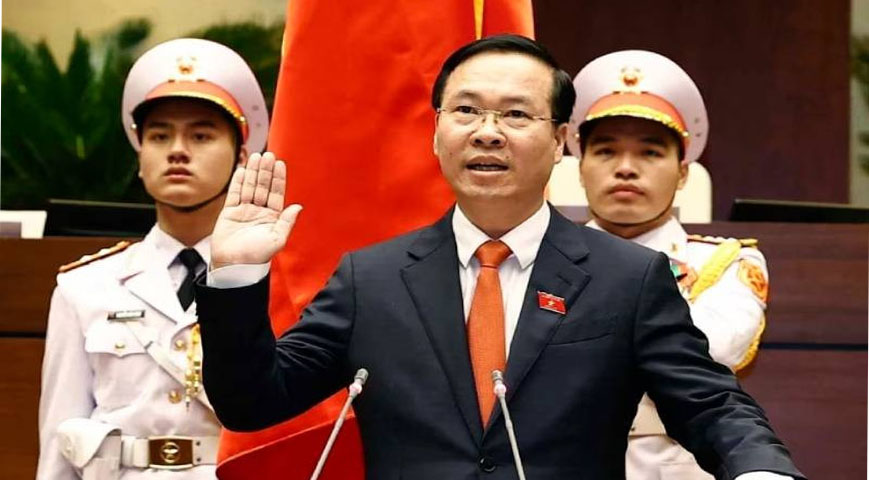The Vietnamese parliament confirmed President Vo Van Thuong's surprise resignation on Thursday amid accusations of corruption. Current vice president Vo Thi Anh Xuan is expected to take over until a new leader is elected.
The anti-graft crackdown has swept up numerous high-ranking officials, shattering the world picture of stability cultivated by a government that typically carefully orchestrates all political movements.
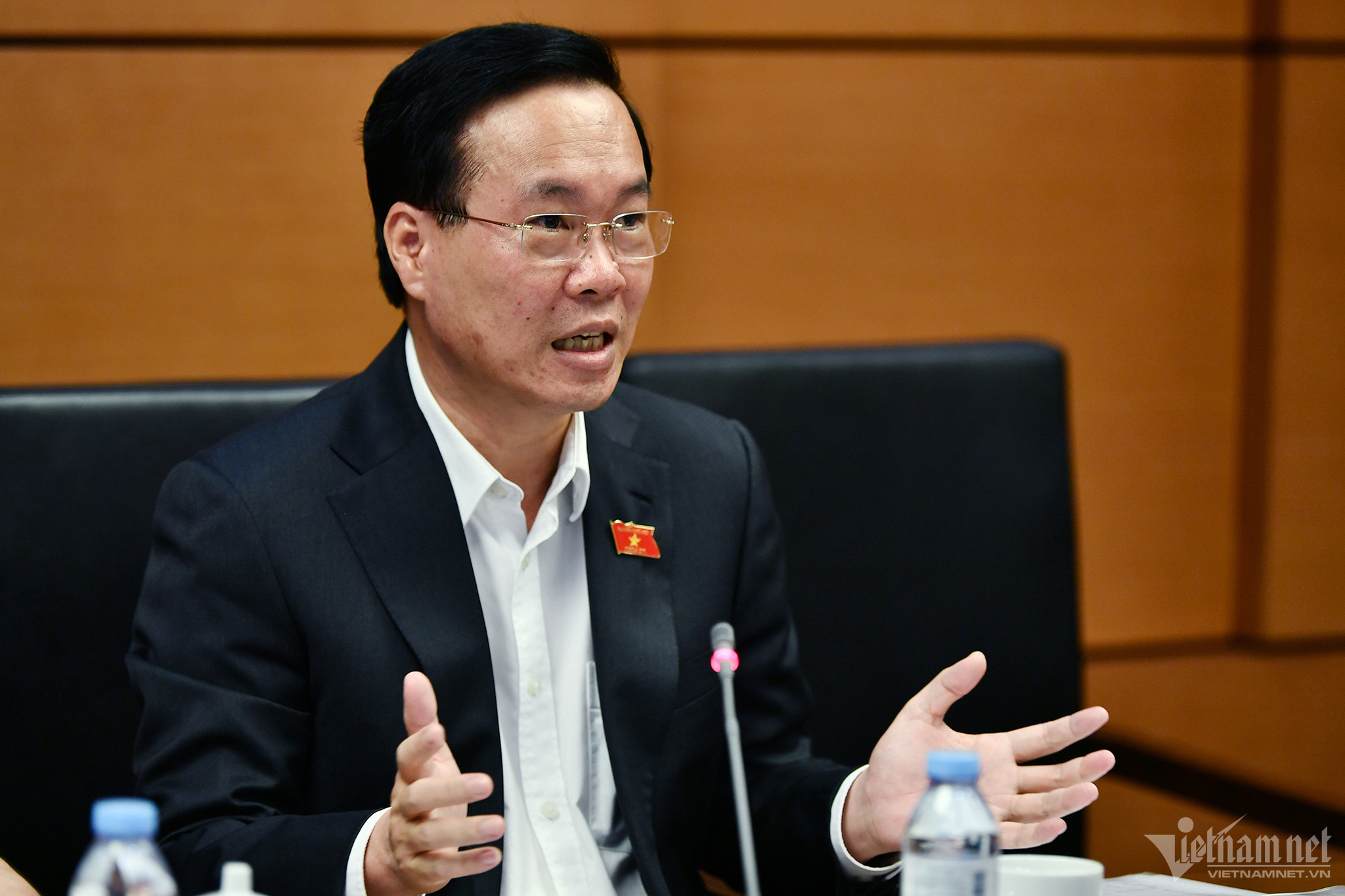
The strong General Secretary, Nguyen Phu Trong, has led the anti-corruption effort. It has apprehended members of the Communist Party, the police, commerce, and the military forces.
It started some years ago but accelerated during the COVID-19 outbreak when authorities and businesspeople were accused of selling expensive testing kits. This resulted in the dismissal of two deputy prime ministers and the 18-year imprisonment of an ex-health minister.
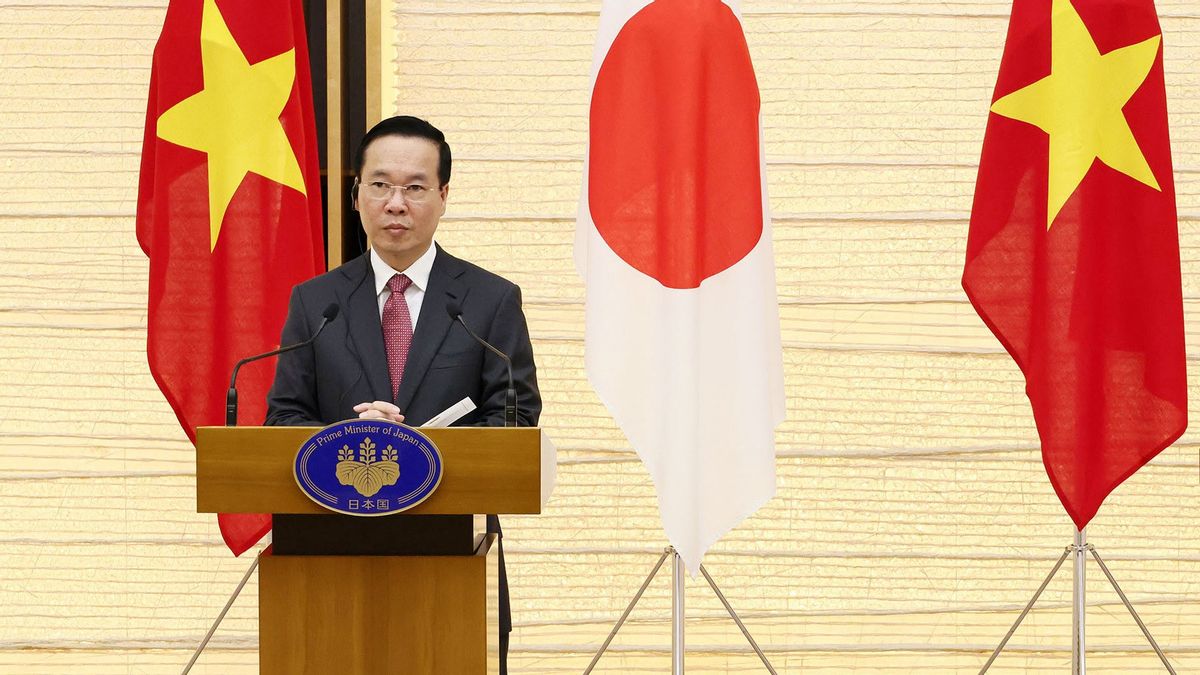
Earlier this month, the Ministry of Public Security announced it was expanding an investigation into an infrastructure development business in three provinces, including central Quang Ngai, where Thuong was formerly the party head.
At least nine executives were detained, five in Thuong's previous province, with the public security ministry claiming the corporation had fabricated financial documents to avoid paying taxes.
This is because Vietnam wants more foreign investment to transition its economy from low-wage manufacturing to high-tech industry.
During a visit last year, US President Joe Biden announced arrangements to boost the country's developing computer chip sector.
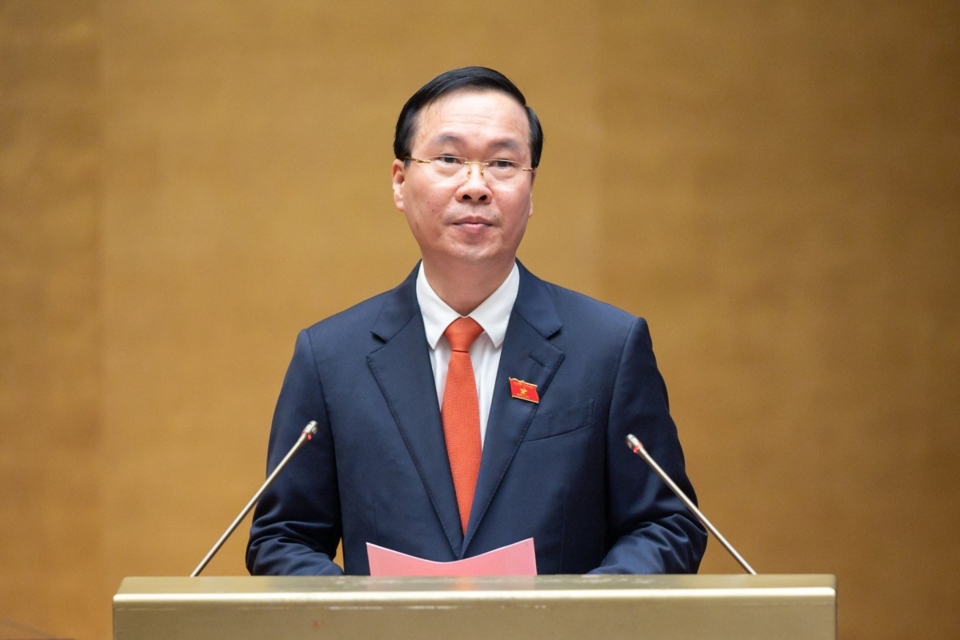
However, a large part of Vietnam's allure to overseas investors stems from its perceived stability, with observers describing the turbulence as a "PR disaster."
Thuong has not made any public comments. However, the party accused Thuong of "violations and shortcomings" in a statement.
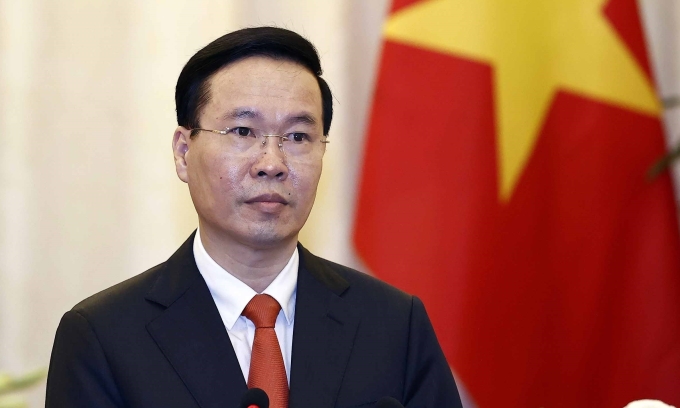
No more information has been shared. The Quang Ngai corruption investigation is one probable cause, but observers have also suggested maneuvers inside the Communist Party.
The party's next five-year congress, which picks the senior leadership, will occur in 2026.
General Secretary Trong turns 80 next month, and some observers believe competing groups are already jockeying for status ahead of the conference.

